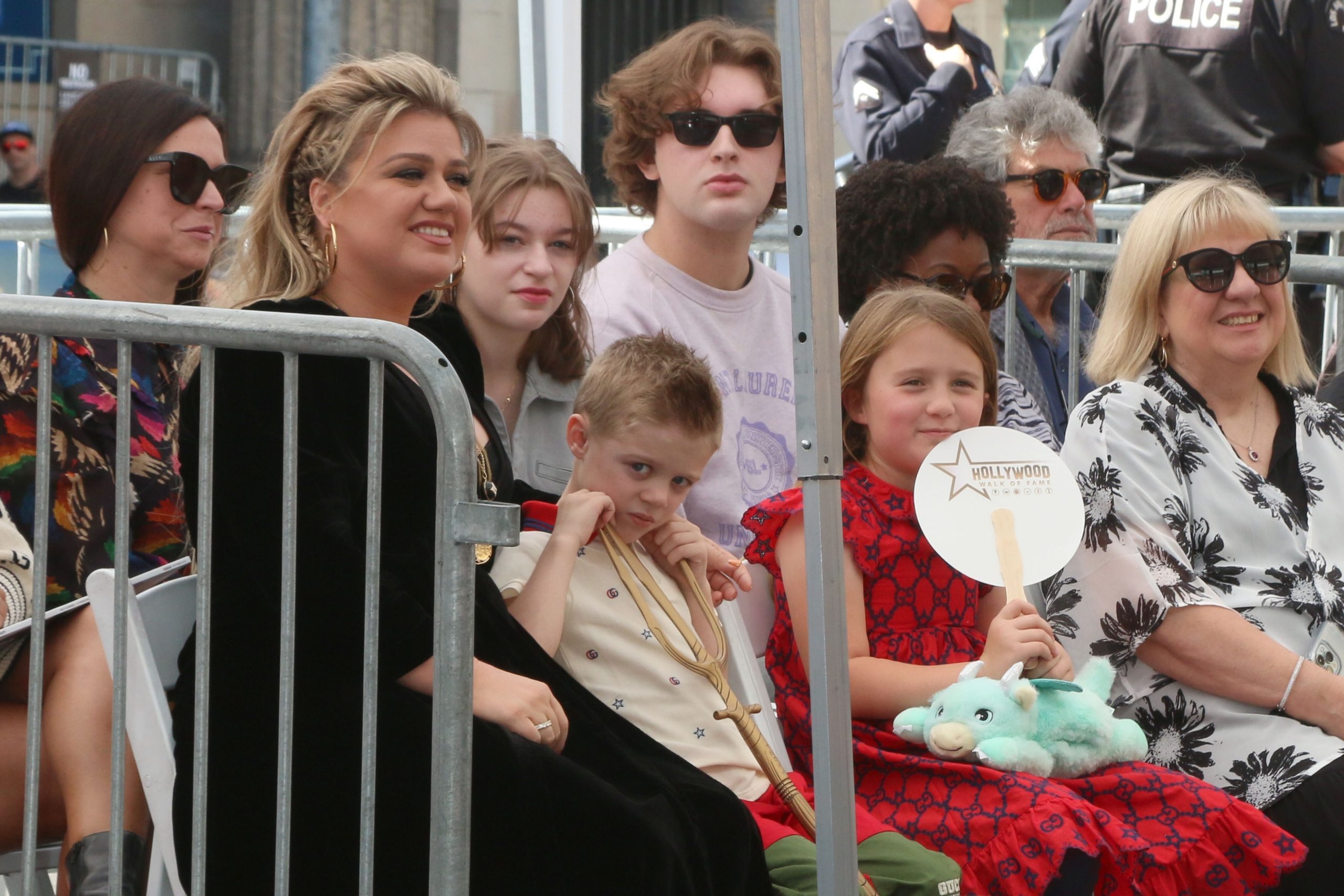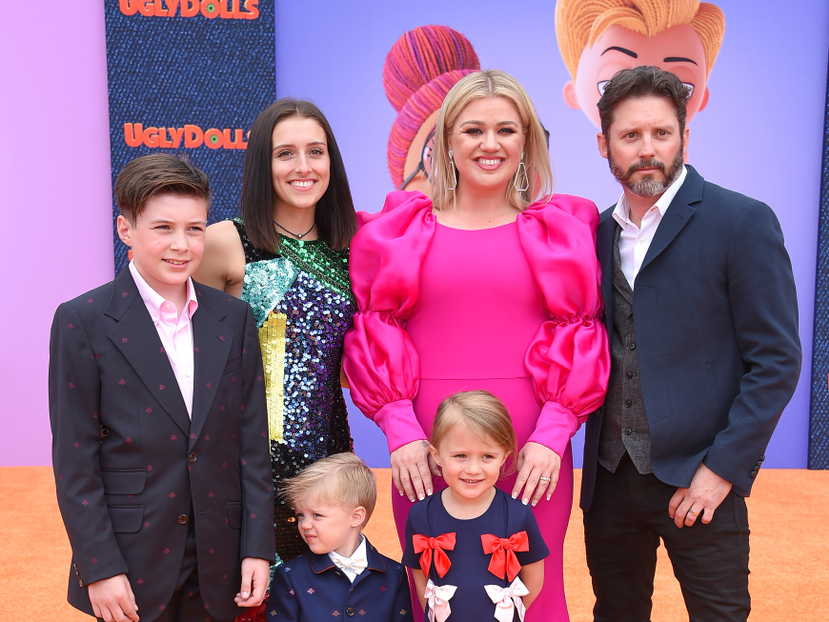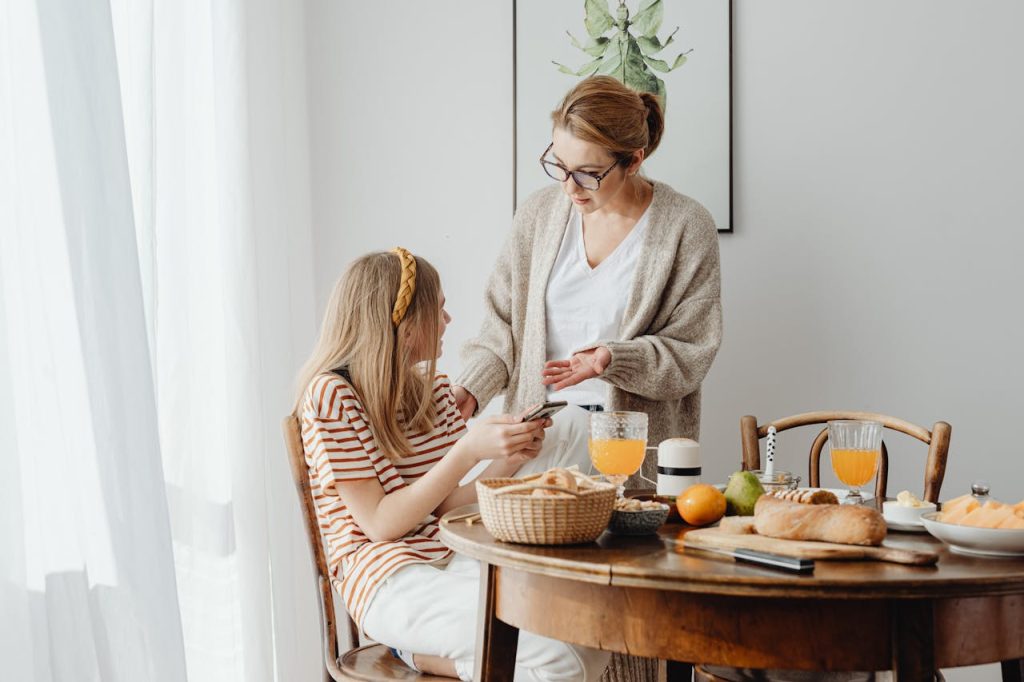Your cart is currently empty!
Kelly Clarkson Admits to Spanking Her Kids

Parenting always seems to spark strong opinions, especially when it comes to how we discipline our kids. Recently, Kelly Clarkson found herself at the center of this conversation when she revealed that she sometimes spanks her children. Naturally, this led to some pretty mixed reactions.
Her honest take on spanking has reignited the long-standing debate about whether it’s an effective way to discipline kids or if it does more harm than good. Let’s dive into what Clarkson shared, how people responded, and why this topic keeps causing such a stir.
Kelly Clarkson’s Take on Parenting: Why She’s Not Against Spanking
Kelly Clarkson, the famous singer we all know from American Idol, made headlines—this time not for her music, but for her parenting style. Back in 2018, she openly shared that she spanks her kids when needed. At the time, her daughter River was only three, and her son Remington was just one.
“I’m not above a spanking,” Clarkson admitted in a radio interview, explaining that while she doesn’t believe in being overly harsh, she thinks a light spanking can help her kids understand consequences. She also mentioned that she grew up with spankings herself and felt it worked fine for her.
As you can imagine, this caused quite a stir. Some people appreciated her honesty and agreed with her approach, while others were upset, saying spanking is outdated and harmful.
What the Research Says About Spanking Kids

While Kelly Clarkson’s honesty sparked a lot of conversation, it’s important to look at what the experts say about spanking. According to the American Academy of Pediatrics (AAP), they don’t recommend spanking at all. In fact, they argue that it can do more harm than good in the long run.
Research backs this up, showing that spanking doesn’t teach kids self-control or responsibility. Instead, it might make them more aggressive and could even lead to behavioral issues down the road. Studies also suggest that spanking can harm kids’ emotional and cognitive development, making it harder for them to trust their parents and feel safe.
Instead of physical punishment, experts suggest other methods, like using positive reinforcement and setting clear, consistent boundaries. These approaches can help kids understand consequences without fear or confusion, and they build stronger parent-child relationships in the process.
Mixed Reactions to Kelly Clarkson’s Parenting Choice

Kelly Clarkson’s admission that she spanks her kids set off a big conversation, with people quickly taking sides. Some folks were strongly against it, calling spanking outdated and harmful. They argued that physical punishment can cause kids to act out more and even damage the parent-child relationship.
On the flip side, there were plenty of people who supported her. They felt that how parents discipline their kids is a personal choice and praised Clarkson for being so open about it. Some pointed out that cultural backgrounds and personal experiences play a big role in how we view discipline.
This debate highlights a bigger question about parenting: What’s the right way to raise kids? While spanking is still controversial, the discussion shows how parenting styles can differ widely, and people are passionate about what they believe works best for their family.
Exploring Alternatives to Spanking

If If you’re looking for ways to discipline your kids without spanking, there are plenty of strategies that can be just as effective, if not more so. Here are a few methods experts recommend that focus on teaching, not punishing.
Natural Consequences
One of the simplest alternatives to spanking is to let the consequence match the behavior. If your child makes a mess—like drawing on the walls—have them help clean it up. It’s not about shaming them or being harsh; it’s about showing that actions have consequences. When kids help fix the situation they caused, it helps them understand responsibility in a way that makes sense to them. Over time, they learn to think about the outcome of their choices before they act.
Praise Good Behavior
Kids thrive on positive feedback, so when they’re behaving well, make sure to point it out! Whether they’ve shared their toys, finished their chores, or just been extra kind, a little praise can go a long way. Saying things like, “I’m really proud of how you handled that,” or giving a small reward can make them feel seen and appreciated. Focusing on the good stuff helps reinforce those behaviors, and it builds a more positive atmosphere at home. Instead of always reacting to the bad, you’re encouraging the good.
Have a Conversation
Sometimes, a simple conversation can be a game changer. Sit down and talk things through with your child. Let them know what you expect and why certain behaviors aren’t okay. But also, take the time to listen to their perspective. When kids feel like their feelings and thoughts matter, they’re more likely to follow the rules because they understand them. Conversations help you connect on a deeper level, building trust and respect, which often leads to better behavior in the long run.
Stick to Routines
Kids do well with routines. Having a clear structure for their day—whether it’s around meals, bedtime, or playtime—helps them know what to expect. When the rules and routines are consistent, kids feel more secure and less likely to push boundaries. A predictable routine also makes discipline easier because your child already knows what’s expected of them. When they know there’s a routine in place, it cuts down on confusion and misbehavior.
Lead by Example
Kids are always watching and learning from what you do. If you handle frustrating situations with patience, kindness, and problem-solving, they’ll learn to do the same. Modeling good behavior is one of the most powerful tools you have as a parent. When you show your child how to deal with challenges calmly and respectfully, you’re teaching them important life skills that they’ll carry with them. It’s not just about avoiding bad behavior—it’s about showing them how to handle life’s ups and downs in a positive way.
Embracing Positive Discipline
Kelly Clarkson’s admission about spanking stirred up a lot of conversation about how parents handle discipline. Some people agree with her approach, while others are firmly against it. What’s clear is that there’s no one right way to parent, and different families find what works best for them.
But with more research showing that spanking can have some negative long-term effects, many parents are starting to explore other ways to teach their kids. By using positive reinforcement, setting clear boundaries, and keeping the lines of communication open, you can guide your child without needing to resort to physical punishment.
In the end, parenting is all about what feels right for you and your family. The goal is to raise happy, well-adjusted kids who know they’re loved and supported. Positive discipline doesn’t just avoid the potential harm of spanking—it also helps build stronger connections between you and your kids, creating an environment where they can really thrive.
